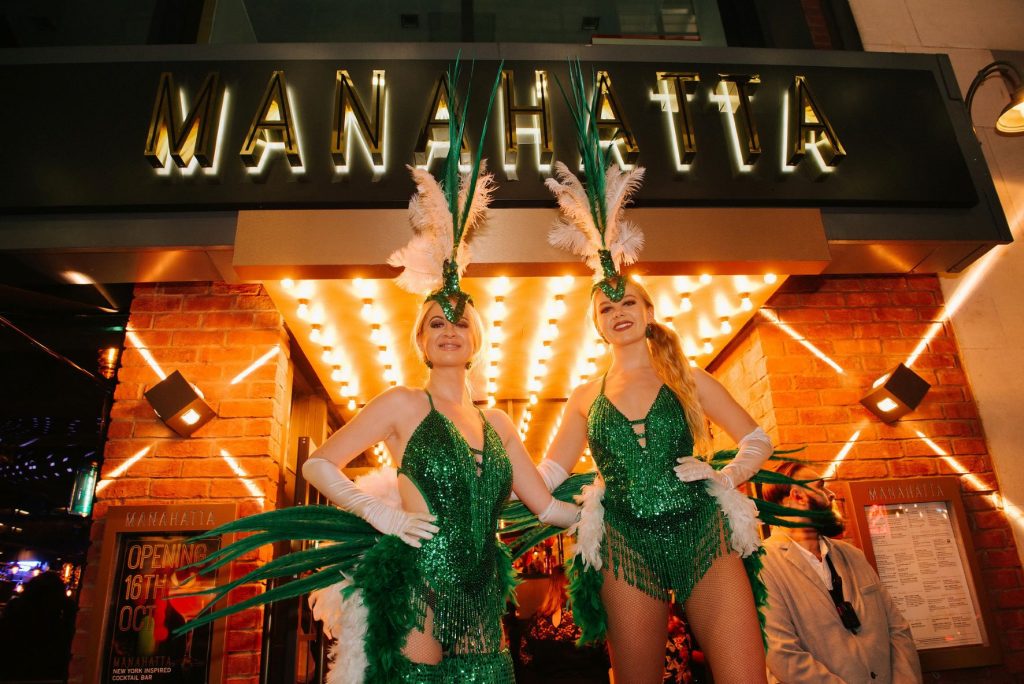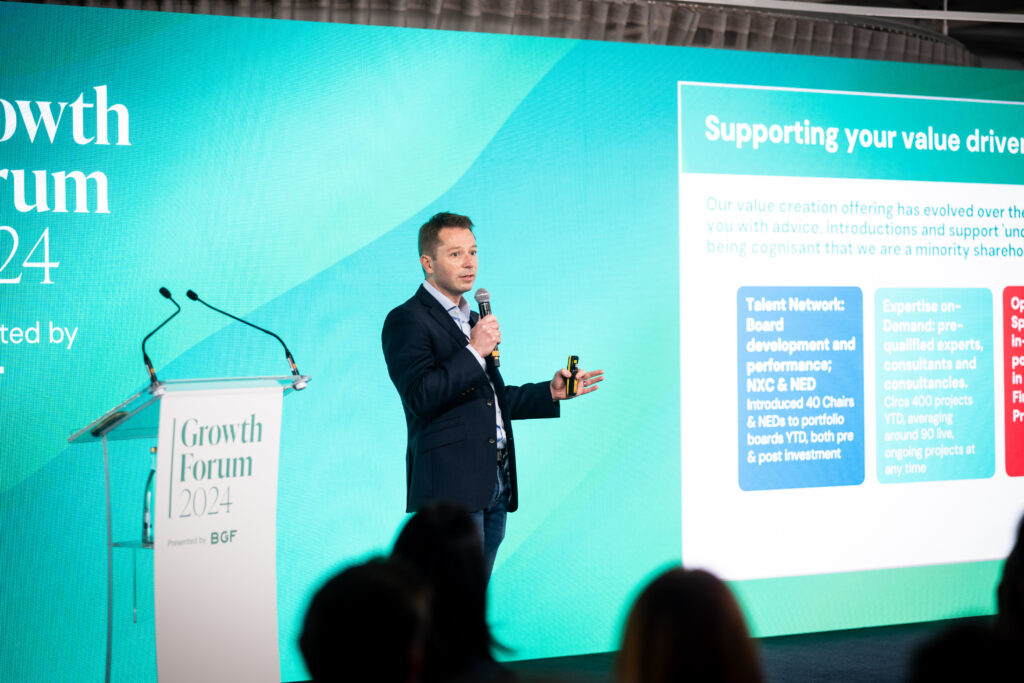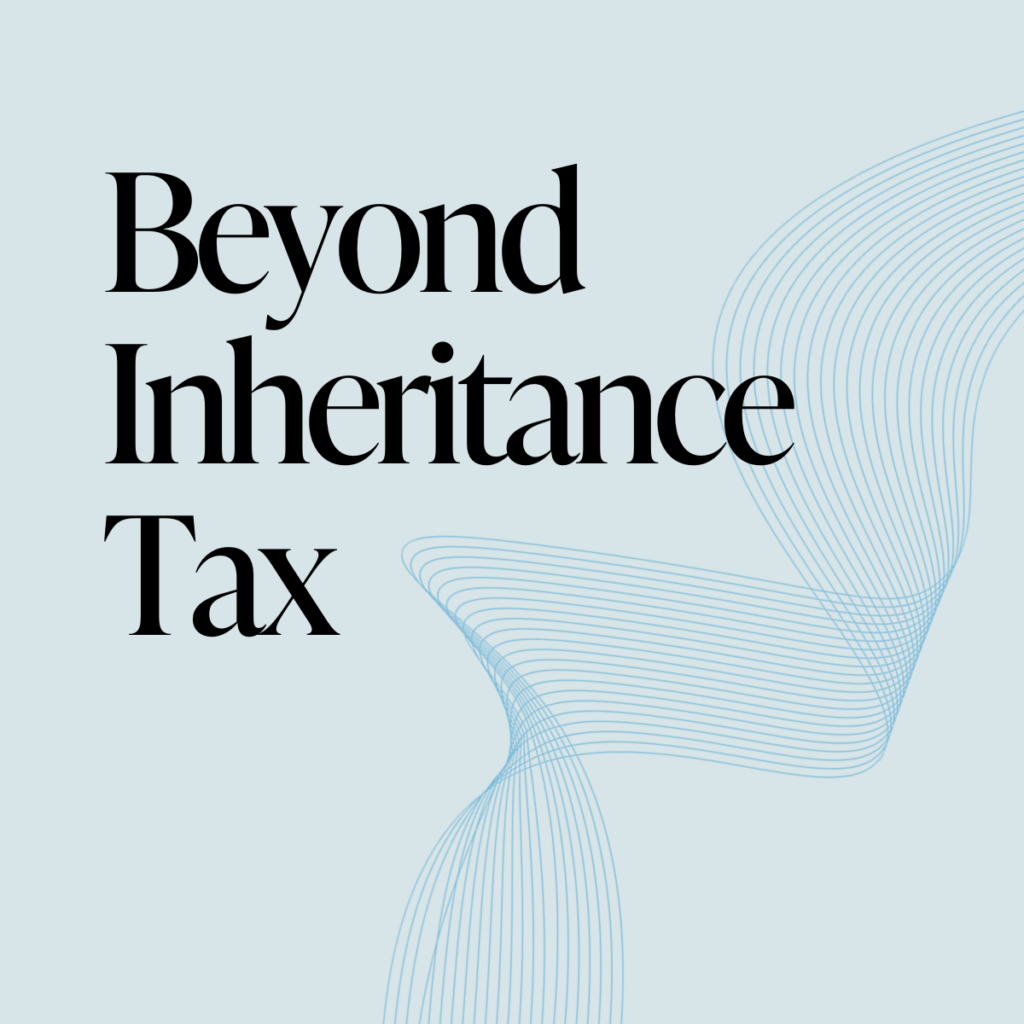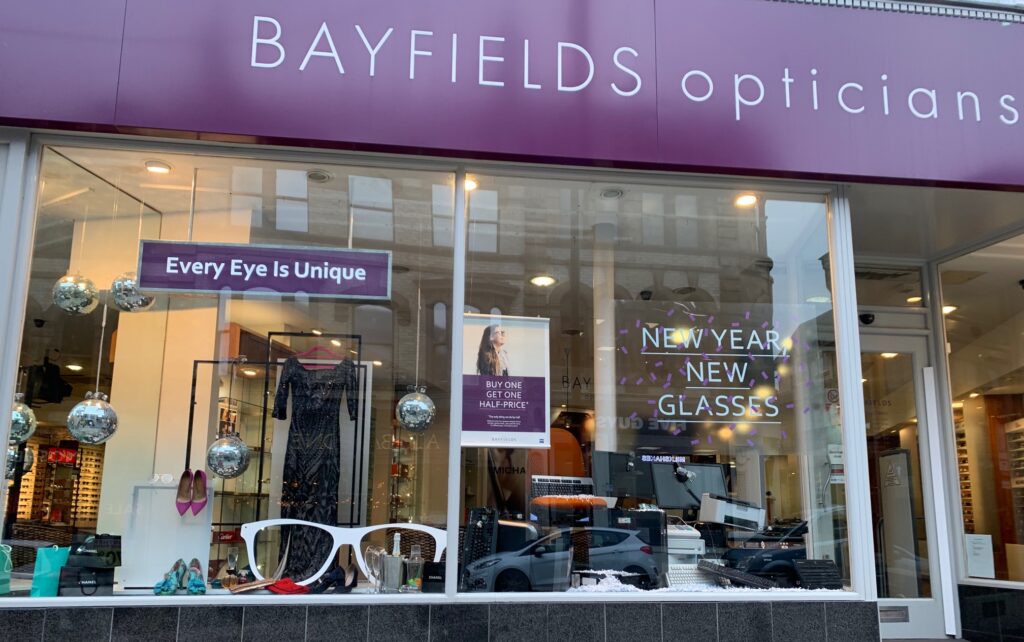Consumer product businesses boomed through the COVID-19 pandemic, but now, we’re seeing a real shift in spending back to experiential retail and leisure – anything consumers can enjoy with others – like eating out, exercising, holidays or days out with the family. These are generally seeing a resurgence in demand, while bigger ticket items or ‘deferrable spend’ (think white goods, clothing, electronics etc) appear to be getting pushed to the right.
Leeds-headquartered ARC Inspirations is a good example of a deal we’ve done in this space. The company operates 18 high-quality bars in city centres and affluent market towns, such as Manahatta in Birmingham. In April 2022, we provided significant investment to the business, to support an accelerated roll-out plan.
Led by a highly experienced management team, ARC Inspirations ticks all the boxes for a BGF investment in the leisure and hospitality sector: a great concept, with proven longevity (the company’s been trading successfully for over 20 years); already operating at scale; plenty of room left for future growth; and it’s continually investing in existing sites, to ensure the customer experience is consistently positive.
Read on to learn more about what growth investors like us look for in a leisure and hospitality business.
1. Strength of concept
This industry is full of business models based on short-term trends and crazes, often imported from overseas – trampoline parks, axe throwing, trendy exercise classes, regionally themed bars and restaurants. Many of them enjoy short-term success but ultimately stagnate as interest wanes over time, or excess supply comes into the market. We look to invest in strong concepts with proven longevity to ensure customers will keep coming back time and time again. How do we gauge whether a concept has staying power? We’ll try it ourselves. If it was fun for one night, but we couldn’t see ourselves (or others) going again, we would question whether the business has a sustainable proposition.
2. Scale
It’s one thing to find one or two good sites and operate them well, it’s another to replicate that success at scale. A growing multi-site business needs to have appropriate team structures that allow decision making and responsibilities to be delegated. It also needs fit-for-purpose back-office systems and software, the ability to consistently select the right sites (which gets harder the further you move away from your heartland), and so on – the transition can be challenging. We tend to get involved with companies once they have gone past the ‘proof of concept’ stage, having demonstrated they can operate multiple venues successfully.
3. Scalability
The other side of the coin, when it comes to scale – how easy will the business be to scale from here? How many towns and cities is the business already in? How many more are left to go? How easy is it to find suitable units? How much competition is there and how many sites can the market support? Scalability is critical to demonstrating you have a high value opportunity and therefore maximising the price a buyer may be willing to pay for your business when the time comes to sell.
4. Short payback periods and a healthy return on capital
Time to get into the numbers. When a business is expanding, we want to see that each new site recoups its set-up costs within two to three years. If it takes much longer, we might question whether the business model is viable in the long term. Another way to measure the relative attractiveness of the investment opportunity is to compare a site’s set-up costs with its annual earnings to assess the return on capital. Depending on the specific sub-sector of the leisure and hospitality industry, we would typically expect good operators to be achieving a return on capital of 30-60%.
5. A well-invested core estate
Opening new sites is crucial and often the most exciting part of any roll-out. However, a common mistake is to get carried away with expansion at all costs and forget about what you already have. To stay relevant, even well-established sites need to be refreshed and upgraded from time to time. If a business is not continually investing in its existing estate and sales start to go backwards, then opening new sites simply becomes an expensive way of standing still.
6. Good data
It’s crucial to gather accurate insights about individual site performance and customers so you can easily identify and respond to any problems before the damage is done. The best operators will have embedded systems and reporting tools that allow management to view financial data and customer reviews in real time. Another benefit of having robust data at your fingertips is in helping to maximise site profitability. A data-rich business can ensure the right products are on offer at the right prices at the right times, with promotions targeted at filling capacity during quieter hours.
Our team are currently searching for more high-potential businesses in the leisure and hospitality space. If you think you meet the above criteria, and are considering raising growth capital, please get in touch via our online form.
A version of this article appeared in the Propel ‘Friday Opinion’ newsletter (May 2022).






